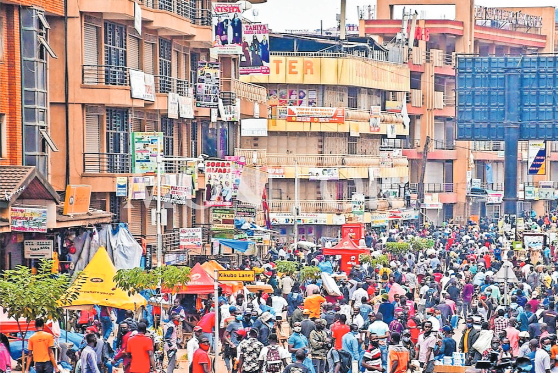Prime
The paradox of choice: Why we make bad decisions - Part I

What you need to know:
In other words, we want to have our cake and eat it at the same time. Now that we know the difference, why do we then go on and make the same bad decisions over and over again?
As a student of the Social Sciences, nothing fascinates me more than the fact that despite thinking of ourselves as very intelligent human beings, we are extremely prone to making bad decisions. Personally, I keep on making bad decisions that cause me financial loss or cause me terrible regret and pain.
The fact that I keep on making those bad decisions does not even begin to inform or influence the fact that the next time I make another business or life-impacting decision, I am, on a balance of averages, still prone to the risk of making another ‘bad’ choice.
For some time, therefore, I have been immersing myself in trying to understand the science of decision-making, and how when faced with different options, the average Alec is bound to ignore the facts and still make a bad decision.
Let me make this real by giving you everyday examples. The USA has been having an election in which there were two main candidates of note. The incumbent Donald Trump and Joe Biden.
While the former has been running the country for the last four years, he has had such a chequered and divisive record that threatened the position of (would you believe it?) America as the greatest nation on earth.
He pulled America out of the Paris climate agreement, antagonised NATO and damaged American credibility by reneging on the Iran nuclear deal, among other things. If that was on the international scene and didn’t matter to American voters, he still went on to preside over the death of more than 240,000 Americans from Covid-19 related illnesses and the economy lost more than four million jobs.
Debt increased and his so-called ‘Make America Great Again’ vision began to look more like a racist joke. Still, he managed to get 47.3 per cent of the vote from the electorate!
As I write, Trump is refusing to concede and is jeopardising American security.
Top Republican Party apparatchiks are standing in his corner and avowing that the American electoral system is fraudulent despite clear evidence to the contrary. That, in itself is an unprecedented affront to the USA’s position as the edifice of freedom in the world.
If this still is difficult to comprehend, suppose you want to buy some coffee from the supermarket. You walk to the display shelf and see all sorts of coffee.
Coffee from Uganda, Kenya, Rwanda, Ethiopia, Brazil, Bolivia and Germany. Because the German’s make great cars, you decide that they must make great coffee too.
So you buy the pricier ‘German coffee’. As you are enjoying your cup of coffee at home, you take the wrapping and read that the coffee you just enjoyed is packed in Germany from arabica beans grown by farmers in Kasese through a fair trading arrangement! You feel embarrassed but would not want to admit that you have been played for a ‘fool’.
All of this is because of what is known as the paradox of choice. According to Barry Schwartz (2004), the paradox of choice means that having many options to choose from, rather than making people happy and ensuring they get what they want, can cause them stress and problematise decision-making. Too much choice limits our freedom to live with less stress.
While the choices available make the process more exciting, they also make the process of choosing more stressful. The fact that the choice places the onus on you the person who ultimately pays the price for a bad choice means that you are to blame for the flawed decision. All of this is because we are trying to maximise our own utility rather than arrive a satisfactory and meaningful outcome (satisfice).
In other words, we want to have our cake and eat it at the same time. Now that we know the difference, why do we then go on and make the same bad decisions over and over again?
Prof Sejjaaka is country team leader at Mat Abacus Business School.
[email protected]
@samuelsejjaaka




